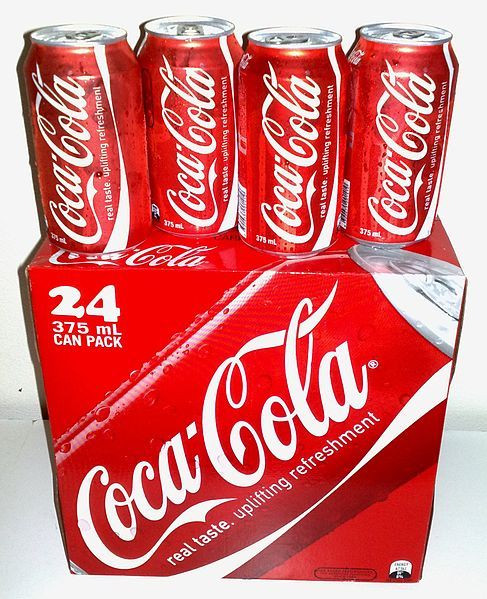PepsiCo, Coca-Cola, And Nestle Spend Millions To Fund Anti-GMO Labeling Campaign

As the debate over genetically modified organisms (GMOs) continues, big food companies are using their financial prowess to fight a law that might require them to label products containing GMOs.
Genetically modified organisms are plants or animals whose DNA is engineered or altered to serve a certain purpose, usually to introduce new crop traits and give plants more resistance to herbicides and pathogens. Though the name 'genetically modified organism' does sound a little off-putting, research has shown that GMOs are overall safe to consume, contrary to popular belief. A large amount of our food contains GMOs, including such as corn, soy, chips, cereals, soft drinks, and candy. Jeremy Seifert, a director/writer whose documentary GMO OMG delves into the world of genetically-modified organisms, found that nearly 90 percent of all corn, soybeans, and cotton are genetically modified, and that in the past 20 years, GMOs have become deeply entrenched in the American food system.
For the sake of transparency, legislators in the U.S. are hoping to force big companies to label their products that contain GMOs in a proposition called Initiative 522. A vote in Washington state on November 5 will determine whether it will become the first state in the U.S. to do so. Proponents of Initiative 522 state that consumers have a right to know what's in their food, especially since GMOs are controversial and considered by many activists to be unnatural or unhealthy.
But the law won’t be passed without a battle. Big food corporations like PepsiCo Inc. and Coca-Cola in particular are channeling large sums of money into the counter-campaign, which states that GMOs are entirely safe to the health of consumers, and there is no need to label every product containing them. The anti-GMO labeling, or “No on 522,” campaign has received financial boosts from agricultural biotechnology companies like Monsanto as well as the Grocery Manufacturers Association (GMA), both of which have donated several million dollars each to the cause. It’s been working so far, as lobbyists and funding from the GMA have stalled legislation and Food and Drug Administration (FDA) requirements for labeling. GMA is the largest funder to the anti-labeling campaign, making up around 50 percent of the $22 million raised so far.
Pepsi, Coke, and Nestle are other huge contributors to the “No on 522” campaign. Others include General Mills, ConAgra Foods, Campbell Soup Company, the Hershey Company, Kellogg, and J.M. Smucker, all of which have provided over hundreds of thousands of dollars to the campaign. ConAgra states on its website that it would be glad to support transparency for consumers regarding GMOs, but that it “does not support mandatory labeling on a state by state basis, as this presents significant complication and costs.”
Brian Kennedy, a Grocery Manufacturers Association spokesman, told Reuters that prices for grocery items in Washington state would rise if the law passed. “It would require tens of thousands of common food and beverage products to be relabeled exclusively for Washington state unless they are remade with higher-priced, specially developed ingredients,” Kennedy said. “The measure will increase grocery costs for a typical Washington family by hundreds of dollars per year.”
The Yes on 522 campaign, however, disagrees. It writes on its website that “Contrary to the opposition’s claims, label updates are a routine part of business for the food industry and should not result in additional costs to shoppers.”
The World Health Organization (WHO) in particular has pointed out that GMOs are actually more strictly regulated than traditional foods. “Specific systems have been set up for the rigorous evaluation of GM organisms and GM foods relative to both human health and the environment,” the WHO states on its website. “Similar evaluations are generally not performed for traditional foods."
Likewise, a group of Italian scientists decided to catalog all of the research completed about the safety of GMOs, reviewing 1,783 studies done over a course of 10 years. “Our goal was to create a single document where interested people of all levels of expertise can get an overview on what has been done by scientists regarding GE crop safety,” Alessandro Nicolia, an applied biologist at the University of Perugia, told Real Clear Science. “We tried to give a balanced view informing about what has been debated, the conclusions reached so far, and emerging issues.”
We'll have to wait for November 5 to see whether the big companies with money will win the "David and Goliath" battle. The ultimate legislation in Washington could potentially influence the direction that other states choose to follow in the GMO debate.



























